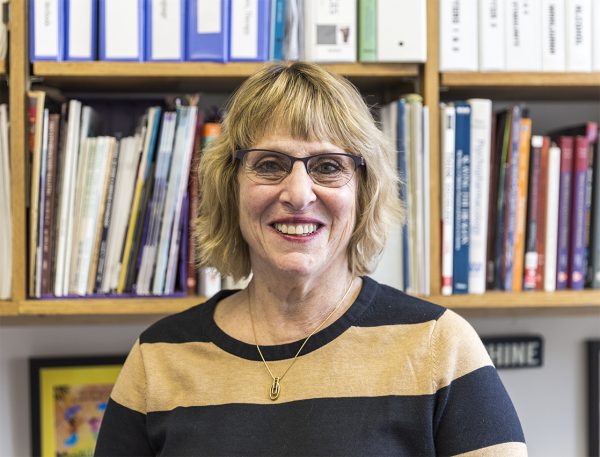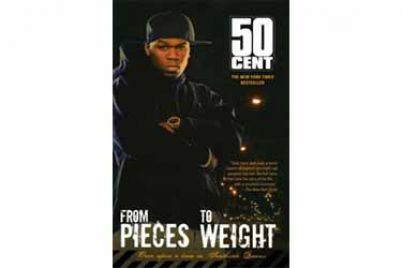Contributor
Q: How did you end up teaching at WCC?
A: I had been teaching at the University of Michigan for 10 years. There were some things that weren’t working for me there, but one of the reasons was I went into higher education to teach and then do a little research. At Michigan, it was do a little teaching and a lot of research. I found out that community college was about 100 percent teaching, which was my dream come true. So, I applied. Luckily, I didn’t know it was very competitive to get a teaching job here, and I’m really glad I didn’t know. I went through a series of steps and I got hired. I’ve been here for 17 years. One week before 9/11.
Q: What’s your favorite thing about this school?
A: It attracts students who weren’t convinced they could be successful in academia. I’ve had people who have started at different aspects of their lives and it didn’t always go well. They get renewed vigor and that’s heartily reinforced here. I think this college does a pretty good job of serving the whole person and seeing students as humans and not just as money – at least at the faculty and staff level.
Q: Has there been anything your students have taught you?
A: They have taught me to be a lot more patient. They’ve taught me to be a lot more understanding of the obstacles that are faced in modern-day, young lives… as opposed to my own young life. Some things remain the same. I was poor they are poor. I had to transport myself to school they have to. Poor then was not like poor now. I could earn enough half time to support myself and now, if you’re completely supporting yourself, you pretty much have to work full time and it’s still not enough. So, I could go to school and take full credit and then some and work 20 hours a week. Today I would have to work over full time and I wouldn’t be able to go full time at that rate. I’m much more conscious of this after 17 years here. The economy today is not treating young people today the way I was being treated.
Q: What is your favorite food?
A: You’re going to laugh but it’s bread and butter. I love bread and butter. My kids laugh at me all the time. They say my four food groups are bread, butter, cheese and chocolate. That’s what we’ve decided.
Q: What type of music do you listen to?
A: Somewhat eclectic. I listen to jazz, rock and pop. I love musicals. I’m very nerdy I know the music from way too many musicals. I’m that person in that sarcastic movie where the young person is doomed because they have to ride, or they have to hitchhike with the family that picks them up and likes musicals and the whole audience is supposed to be really sympathetic with the person and I’m going like: What’s the problem?
Q: What famous person would you have dinner with, dead or alive?
A: Since I recently watched the Australian Open,it would be Roger Federer. He’s just won 20 major tennis tournaments. After him, if it was someone who was dead it would be Thomas Jefferson. I loved the ideals he professed whether or not he lived them perfectly. What little I’ve read about him… He didn’t necessarily want to write the Declaration of Independence, but he was good at it and they kind of compelled him to. And he saw it as something he owed America. He just seems to have come from a good place.
Q: Any concerns in the news?
A: I don’t trust the president and I don’t think he’s intelligent enough to know what is really going on… if he did happen to clue in to what’s going on, I don’t think he’s ethical enough to tell us.
Q: Any more on the students?
A: I like how exciting it is almost, every day, to teach class here. Students ask a question on a topic that you know pretty well usually. But I get to see their minds working on this new information, actually manipulating it in their minds and then ask “are you saying this?” Needless to say, not every student is engaged every day I lecture, but a large chunk of them are and are just genuine and appreciative of what teachers are providing. I find the students here very generous to the teachers by and large.
Q: What would you say your favorite course to teach is?
A: It’s Psych 240, which is “drugs society and human behavior.” It’s an amazing class because it’s an interdisciplinary course so it attracts a lot of different students. Some are more interested in the changes in the brain on drugs, while others are interested on the war on drugs and how unfair it is on a more sociological level, and some are more interested in the psychological aspects of addiction and how it hurts people’s lives. And then some people who thought they were interested in one become fascinated by another because they learn how they’re all interconnected because the whole course kind of weaves itself.
(This interview has been edited and condensed.)


